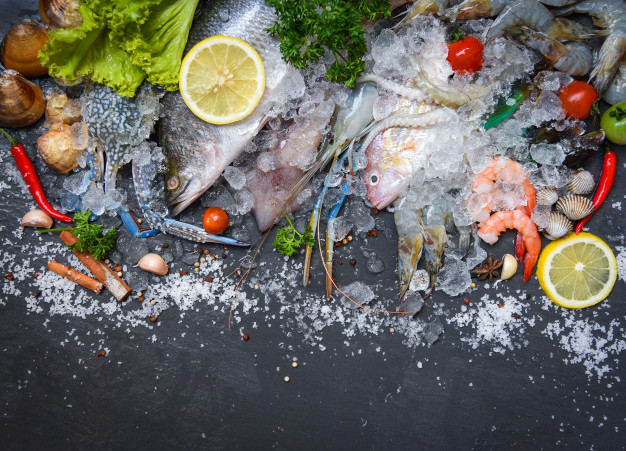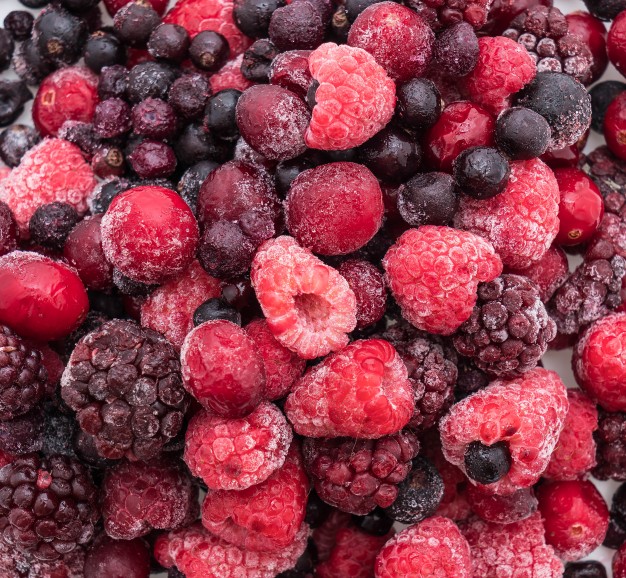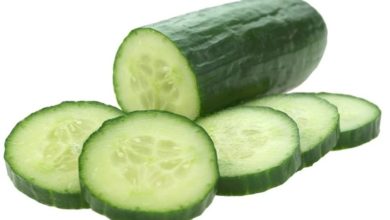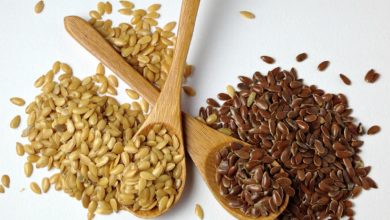Freezing food to preserve and prolong freshness has been practiced for many years. In this way the nutritional value is prolonged for a longer period. According to the Food and Agriculture Organization of the United Nations, when it comes to preserving nutrients, freezing as a method of long-term preservation, especially in fruits and vegetables, is generally considered to be much better than canning and drying (dehydration).

Why is freezing food better and safer?
Fresh products in contact with the weather, ambient air and especially under inadequate storage conditions, very quickly lose their nutritional value and begin the process of spoilage. When food is frozen, which is basically the freezing of liquids contained in food, all nutrients are preserved, their structure without any external influences or degradation process. Bacteria and microorganisms do not survive at low temperatures. Thus, freezing does not make food healthy or unhealthy – it actually depends on the nutritional content of the food itself being frozen. Frozen fruits and vegetables can have the same nutrients as fresh fruits, and only some change their structure. Rapid freezing is known to extend the shelf life of food by inhibiting microbial growth and slowing down lipid oxidation. Quick-frozen products have the same characteristics as fresh.

Thus, vegetables and meat, if frozen immediately and not exposed to external influences, do not lose their composition, nutritional properties and nutritional value. Fresh foods like peas, for example, lose just over half of their vitamin C in the first 24 to 48 hours after harvest. A University of California study comparing nutrients in eight different fresh and frozen fruits and vegetables (corn, broccoli, spinach, carrots, peas, green beans, strawberries, and blueberries) found no significant differences between fresh and frozen.





